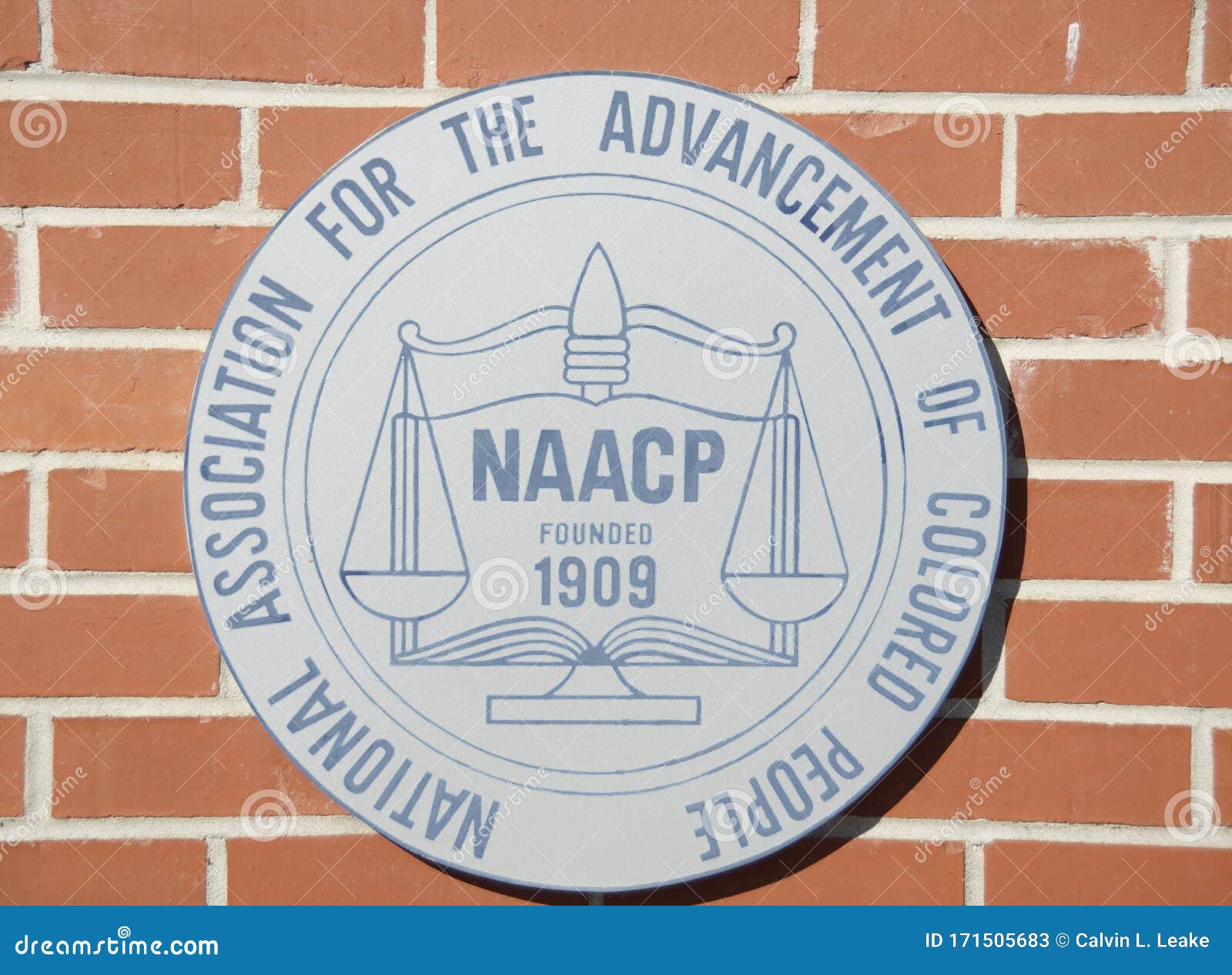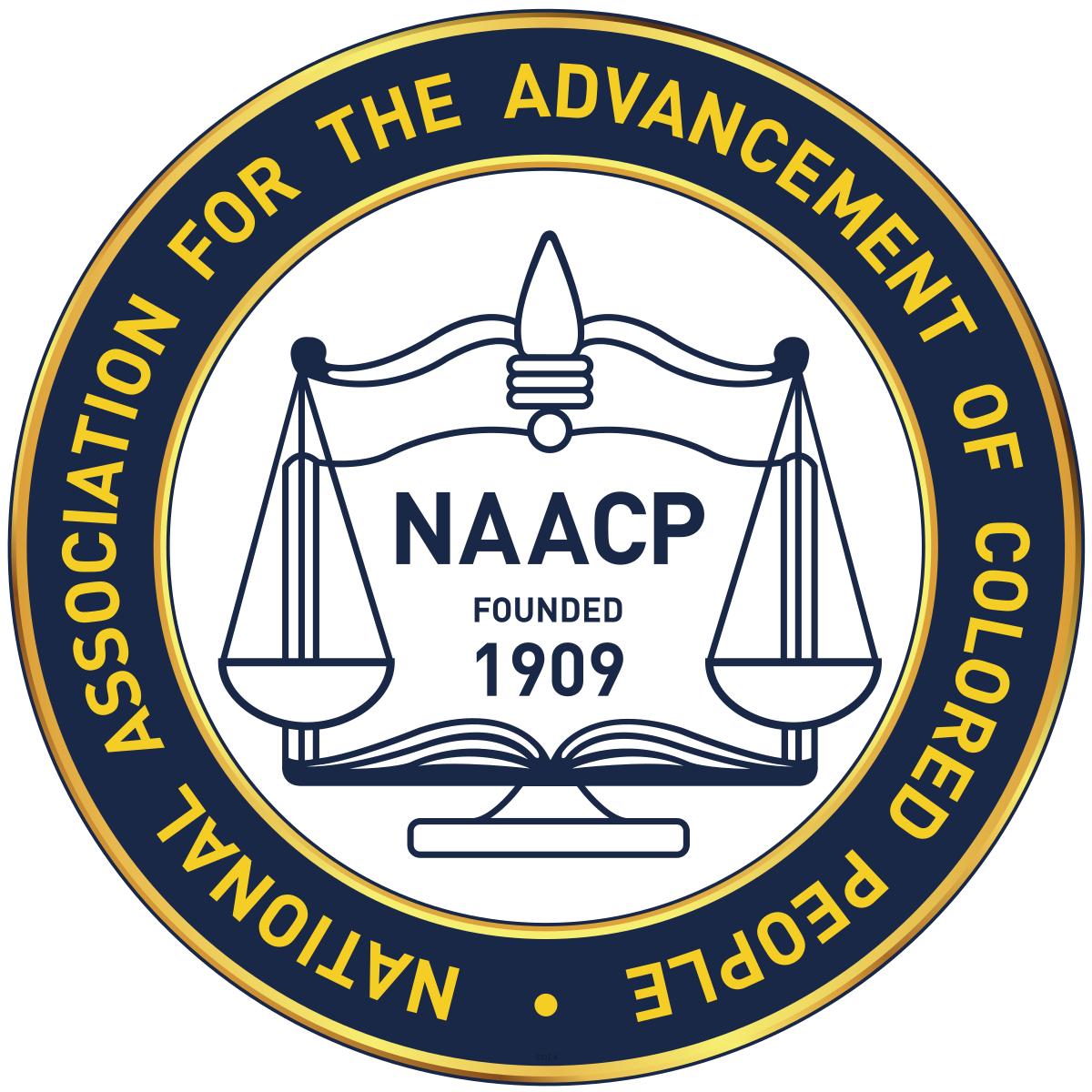Founded in 1909, the NAACP emerged as a beacon of hope and justice for African Americans facing systemic racial discrimination and inequality in the United States. This pioneering civil rights organization was established in response to the devastating race riots in Springfield, Illinois, which laid bare the urgent need for a national movement dedicated to advocating for the rights of Black citizens. At its core, the NAACP was created to combat racial injustice, promote equality, and empower marginalized communities through legal action, advocacy, and education.
The NAACP's mission has always been deeply rooted in the fight against racial oppression and the promotion of civil liberties for all individuals, regardless of race. In its early years, the organization played a pivotal role in challenging discriminatory laws and practices that perpetuated segregation and disenfranchisement. By mobilizing activists, lawyers, and community leaders, the NAACP became a formidable force in the struggle for civil rights, setting the stage for monumental legal victories and social change.
As we delve into the history and purpose of the NAACP, it becomes clear that its founding was driven by the urgent need to support African Americans who were systematically excluded from the rights and protections afforded to other citizens. This article explores the origins of the NAACP, its key achievements, and its enduring legacy in the ongoing fight for racial justice and equality. Through an examination of its history, we gain insight into the profound impact this organization has had on shaping the civil rights landscape in America.
Read also:Connecting With Amazon Support Your Guide To The Amazon Help Center Number
Who Was the NAACP Founded to Support?
The NAACP was explicitly founded to support African Americans who were enduring widespread racial discrimination and violence in the early 20th century. At a time when segregation laws, lynching, and economic exploitation were rampant, the organization provided a much-needed platform for advocacy and action. By uniting individuals from diverse backgrounds, the NAACP sought to dismantle the structures of racial oppression and create a more just society.
What Were the Primary Challenges Facing African Americans at the Time?
In the early 1900s, African Americans faced numerous challenges, including systemic racism, lack of access to education and employment opportunities, and limited voting rights. The NAACP recognized these issues as critical barriers to equality and worked tirelessly to address them through legal challenges, public awareness campaigns, and community organizing. By focusing on these core areas, the organization aimed to empower African Americans and elevate their status in society.
Why Was There a Need for an Organization Like the NAACP?
The need for an organization like the NAACP stemmed from the failure of existing institutions to protect the rights of African Americans. The Plessy v. Ferguson decision in 1896 had legally sanctioned segregation, leading to the widespread adoption of Jim Crow laws across the southern United States. In this context, the NAACP emerged as a crucial advocate for civil rights, challenging discriminatory practices and promoting equality through legal and social means.
What Role Did the Founders Play in Shaping the NAACP's Mission?
The founders of the NAACP, including W.E.B. Du Bois, Ida B. Wells, and Mary White Ovington, played a pivotal role in shaping the organization's mission and objectives. Their collective vision centered on addressing the pressing needs of African Americans and fostering a movement that could effect meaningful change. Through their leadership, the NAACP became a powerful voice for civil rights and social justice.
Key Achievements of the NAACP: A Legacy of Change
- Brown v. Board of Education: Successfully dismantling the legal basis for segregation in schools.
- Voting Rights Act of 1965: Advocating for the protection of voting rights for African Americans.
- Civil Rights Act of 1964: Supporting legislation to eliminate discrimination in employment and public accommodations.
Throughout its history, the NAACP has achieved numerous milestones in the fight for civil rights. These accomplishments have not only transformed the legal landscape but have also inspired generations of activists to continue the struggle for equality and justice.
Biography of Key Figures: Who Was the NAACP Founded to Support?
| Name | Role | Contribution |
|---|---|---|
| W.E.B. Du Bois | Cofounder | Advocated for education and equality; editor of The Crisis magazine. |
| Ida B. Wells | Cofounder | Investigated and exposed lynching practices; championed women's rights. |
| Mary White Ovington | Cofounder | Instrumental in organizing the NAACP's early activities and outreach. |
The individuals who contributed to the founding of the NAACP were driven by a commitment to justice and equality. Their personal stories and contributions highlight the dedication and passion that fueled the organization's early successes.
Read also:Exploring The Best Public Beaches In Long Beach Ca Your Ultimate Guide
How Did the NAACP Evolve Over Time?
As the civil rights movement gained momentum, the NAACP adapted its strategies and approaches to meet the changing needs of the communities it served. From legal challenges to grassroots organizing, the organization remained at the forefront of the fight for racial justice. This evolution ensured that the NAACP continued to fulfill its mission of supporting African Americans in the pursuit of equality.
What Are the Current Challenges Facing the NAACP?
In the modern era, the NAACP faces new challenges, including systemic racism, economic inequality, and voter suppression. Despite these obstacles, the organization remains committed to its founding principles and continues to advocate for the rights of African Americans and other marginalized groups. By addressing these issues head-on, the NAACP ensures that its mission remains relevant and impactful.
Who Was the NAACP Founded to Support in Today's Context?
Today, the NAACP continues to support African Americans and other communities of color who face ongoing discrimination and inequality. Through its programs and initiatives, the organization addresses contemporary issues such as criminal justice reform, education equity, and economic empowerment. By maintaining its focus on these critical areas, the NAACP upholds its legacy of advocating for justice and equality for all.
What Can Individuals Do to Support the NAACP's Mission?
Individuals can support the NAACP's mission by becoming members, volunteering their time, and donating to the organization. Additionally, staying informed about civil rights issues and participating in advocacy efforts can help amplify the NAACP's impact. By working together, we can continue the fight for racial justice and ensure that the NAACP's legacy endures for generations to come.
Conclusion: The Enduring Impact of the NAACP
The NAACP's founding purpose—to support African Americans facing racial discrimination and inequality—remains as relevant today as it was over a century ago. Through its unwavering commitment to justice and equality, the organization has made significant strides in advancing civil rights in the United States. As we reflect on its history and achievements, we are reminded of the vital role the NAACP plays in shaping a more inclusive and equitable society.
By understanding the origins and mission of the NAACP, we gain a deeper appreciation for the ongoing struggle for racial justice. The question of "who was the NAACP founded to support" serves as a powerful reminder of the organization's enduring commitment to empowering marginalized communities and promoting equality for all.


